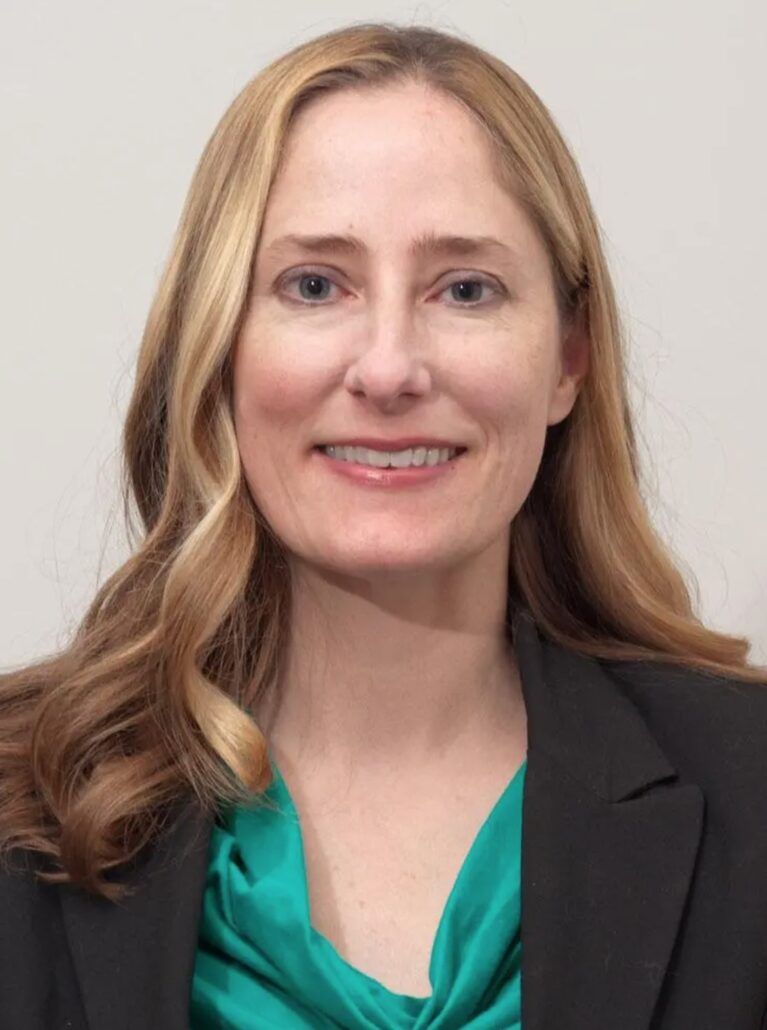When given a choice, Washington voters fought back against inequality
In red states as well as blue, voters passed ballot initiatives to tax the rich, fund long term care and provide paid leave.
Commentary by Sarah Anderson | OtherWords.org
If you’ve ever questioned whether our country has an inequality problem, this election should provide all the evidence you need. As billionaires used their financial firepower to throw support to their preferred candidates, Americans who’ve been left behind took out their frustrations at the ballot box.
How do we get started on this next chapter in the fight to reverse extreme inequality?
With Senate Republicans still short of a filibuster-proof supermajority, the expiration of Trump’s tax cuts for the wealthy next year could present one opportunity. But it’s likely that progress will have to start at the city and state levels.
Progressive tax victories
Three progressive tax victories from the recent election are an encouraging sign.
Washington State’s Initiative 2109 was the most important tax-related ballot measure of the year. Hedge fund executive Brian Heywood bankrolled this campaign, hoping to repeal the state’s innovative capital gains tax on high earners. The rollback proposal went down in a landslide.
“This victory shows that advocacy in support of creating a more equitable tax code works,” Melinda Young-Flynn, communications director at the Washington State Budget and Policy Center, told me.
“Business owners, labor unions, teachers, racial justice advocates, parents, lawmakers, and many more” groups, she added, “have worked together for more than a decade to help the public make the connection between common sense progressive taxes and the very real needs of our communities.”
Introduced in 2022, Washington State’s path-breaking policy imposes a 7% excise tax on capital gains from the sale of stocks, bonds and other assets that exceed $250,000 per year (excluding real estate sales). Who makes that much from their financial investments? Fewer than 1% of the state’s richest residents.
Before capital gains tax, Washington’s wealthy flourished
Prior to this tax, Washington’s wealthy had flourished under a state constitution that prohibits income tax. The capital gains tax does an end-run around that ban — and the state supreme court has ruled it constitutional.
In its first two years, the capital gains levy has raised $1.3 billion for investments in child care and early learning, public schools and school construction.
“The people of Washington have sent a clear message,” says Young-Flynn. “The well-being of kids takes precedence over tax breaks for the ultra-wealthy. All those of us who care about economic justice know it’s well past time to stop giving the ultra-wealthy a special deal in the tax code at the expense of everyone else.”
Washington voters also beat back an effort to allow employees to opt out of a new payroll tax for long-term care insurance if they waive the benefit of that state-operated program. If this measure had passed, it likely would’ve rendered the insurance program financially unviable. Fortunately, voters rejected the proposal by a 55-45 margin.
Other states’ ‘fair tax victories’
And by a decisive margin, Illinois voters expressed support for an extra 3% tax on income of over $1 million, with revenue going to property tax relief. While this measure is nonbinding, organizers hope this victory will stoke efforts to put a constitutional amendment on the ballot in 2026 to authorize the new tax on the rich.
In addition to these fair tax victories, I’m heartened by the passage of pro-worker reforms in several “red” states — often in sharp contrast to the positions of their Republican representatives in the U.S. Congress.
Voters in Nebraska, Missouri and Alaska approved guaranteed paid leave, while Missouri and Alaska also passed state minimum wage hikes. Abortion rights measures passed in seven out of 10 states, while Nebraska voters supported medical marijuana.
After the election, a friend wrote to me with this message: “A tree outside my window is nearly bare. Perhaps it is an image of our national life this morning. We have a choice: to focus on the bare branches or to appreciate the colorful leaves.”
These state victories against inequality are some of the colorful leaves I’m appreciating today.
Sarah Anderson directs the Global Economy Project and co-edits Inequality.org at the Institute for Policy Studies. This op-ed was adapted from Inequality.org and distributed for syndication by OtherWords.org.
The views expressed in this opinion column are those of the author. They do not necessarily reflect the views of FāVS News. FāVS News values diverse perspectives and thoughtful analysis on matters of faith and spirituality.








